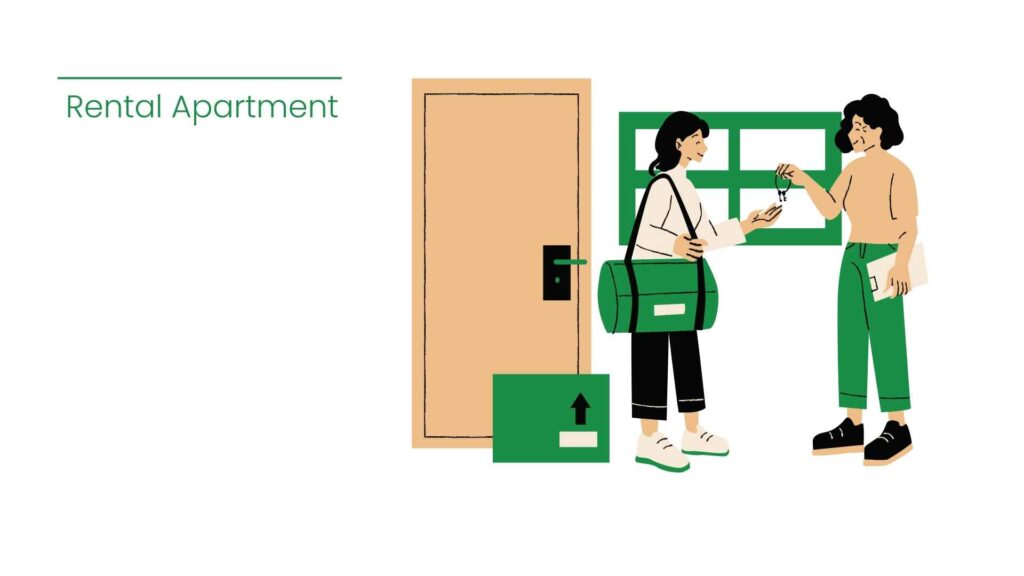Vetted Partner Content
Rental property investment is still one of the best ways for individuals to generate income streams and long-term asset growth. However, to succeed on this path requires more than just purchasing a property and finding tenants, you must avoid costly property investment mistakes.
Many new investors enter the rental market without a full grasp of the complexities involved, making critical mistakes that can cost them heavily, sometimes undoing years of hard work.
Investors must recognize that property investment, particularly for rental purposes, demands continuous management. So here are things to not overlook as a rental market investor.
Misjudging the True Financial Commitment Involved
A great miscalculation investors make, especially someone just starting on their investment journey, is underestimating what it takes as regards financial implication of owning and maintaining a rental property.
Often, doing the math on profitability is usually on surface level, focusing only on the gap between expected rental income and mortgage repayments.
In reality, expect series of expenses you never imagined could come up, which can totally erode what you were expecting as profits.
Property taxes, insurance premiums, homeowner association fees, routine maintenance, emergency repairs, and professional property management services must all be accounted for realistically.
A financially sound rental investment requires building in safety margins that acknowledge the true costs of ownership, ensuring that the investment remains sustainable even during less profitable periods.
Neglecting Thorough Market and Location Analysis
Another major miscalculation is failing to adequately research the location before making a purchase. A common misconception is that a well-built property or an appealing price automatically translates into a successful rental investment.
However, tenant demand, neighborhood desirability, local economic conditions, and competitive rental rates are just as important, if not more so, than the physical structure itself.
Skipping this crucial step can lead to purchasing properties that remain vacant for extended periods or require lowering rental rates far below projections to secure tenants, thereby impacting profitability.
Overleveraging and Underestimating the Impact of Debt
Another significant mistake that affects many rental property investors is taking on too much debt. Over leveraging leaves investors dangerously exposed to financial instability.
Changes in interest rates, unexpected vacancies, economic downturns, or sudden major expenses can rapidly turn a heavily mortgaged property from an asset into a liability.
Relying on optimistic rental income projections to justify aggressive borrowing can be particularly risky if those projections fail to materialize.
Responsible leveraging means carefully assessing one’s debt-to-income ratio, ensuring sufficient cash reserves are available for emergencies, and maintaining conservative estimates of expected rental income.
Investors should stress-test their portfolios under adverse conditions, considering what would happen if rental income dropped by twenty percent or if vacancy periods extended beyond expectations.
By preparing for potential setbacks, rather than assuming constant positive cash flow, investors can safeguard their long-term financial health and avoid becoming forced sellers during market downturns.

Failing to Properly Screen Tenants
Conducting background checks, verifying employment and income, reviewing rental histories, and checking references are critical steps that should never be bypassed, no matter how promising an applicant might appear at first glance.
Additionally, establishing clear, enforceable lease agreements is of utmost importance.
Investors who fail to recognize the importance of proper tenant management often find themselves dealing with eviction proceedings, costly repairs, and prolonged vacancies, thereby affecting their expectations for investment returns.
Tenant concerns need to be addressed promptly to maintain positive relationships and avoid escalation of minor issues into major problems. Rent collection must be systematic and consistent, with clear policies in place for handling late payments.
An investor who neglects active involvement, whether directly or through proper oversight of the property caretaker, risks letting their property deteriorate, losing good tenants, and ultimately seeing their investment’s value decline over time.
Property management is not just about solving problems when they arise; it is about building a system that prevents problems from occurring in the first place.
Conclusion
Rental property investment offers genuine opportunities for building cashflow, but it is not a risk-free endeavor. Each property, each market, and each tenant come with its own set of risks and opportunities, and smart investors recognize that success lies in paying close attention to these details, asking the right questions, and staying actively involved at every stage.
Find more rental properties in Nigeria on PropertyPro.




